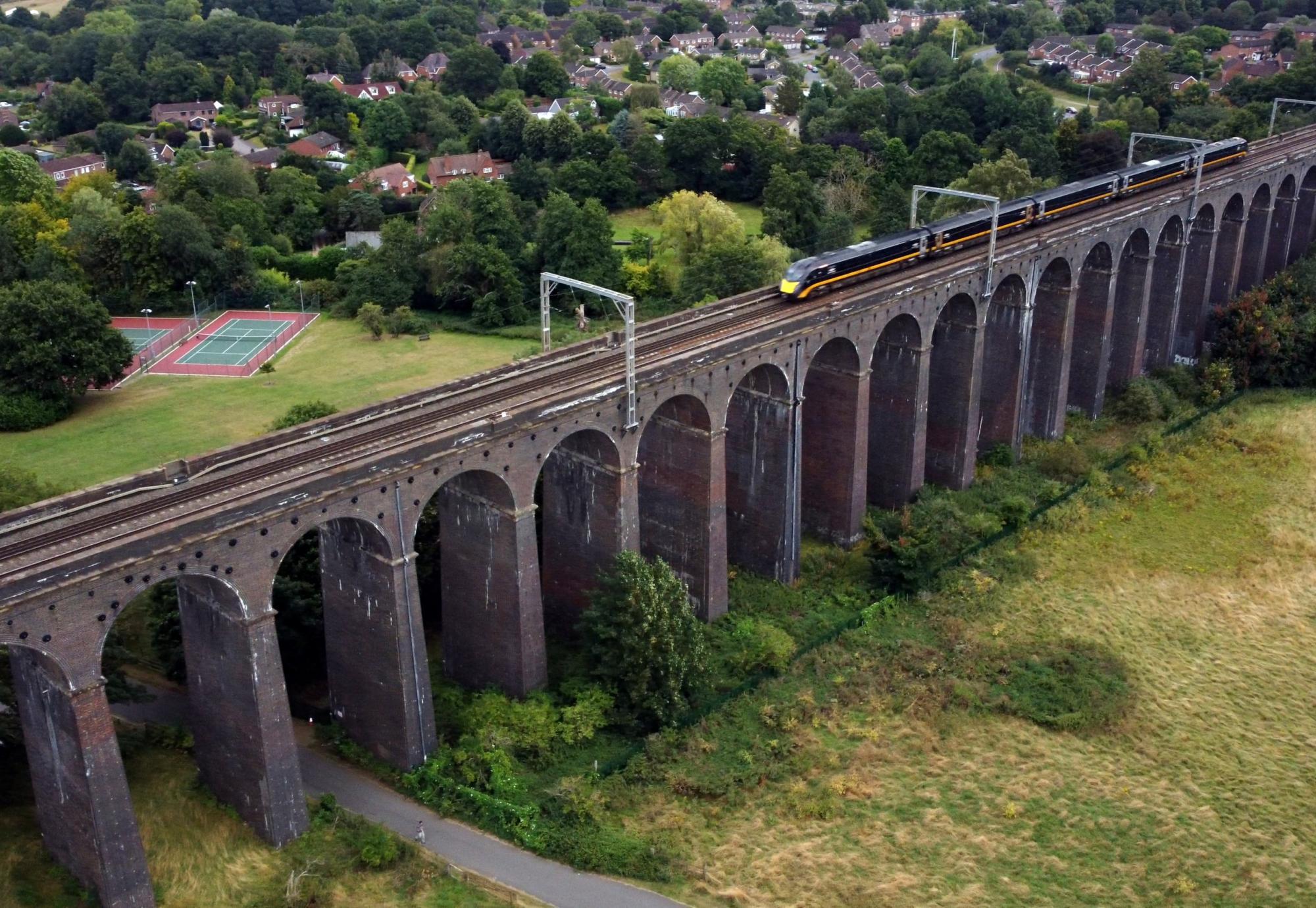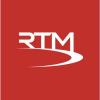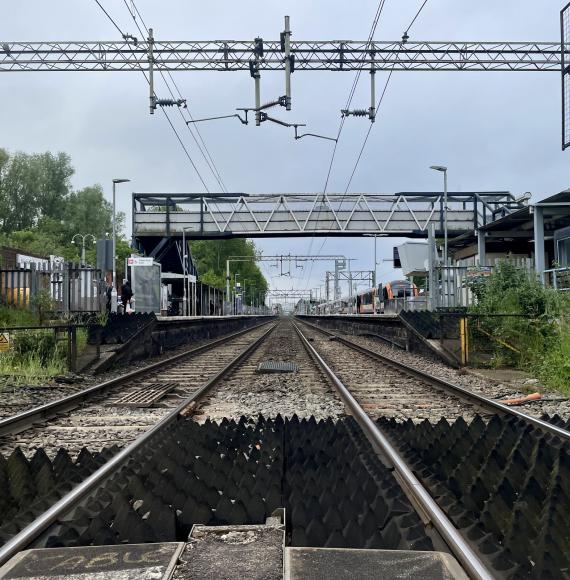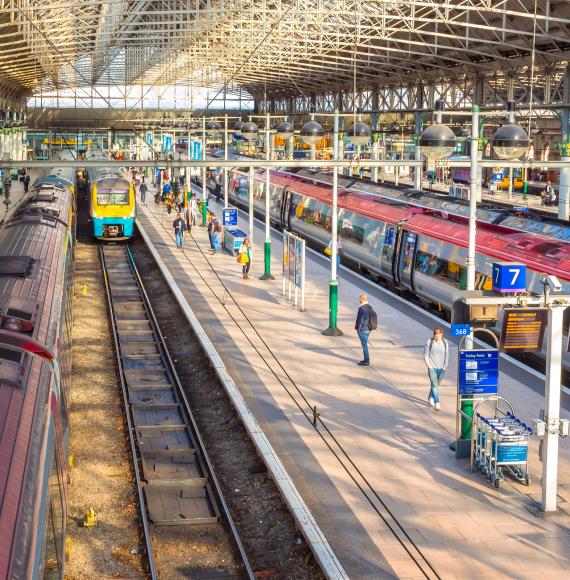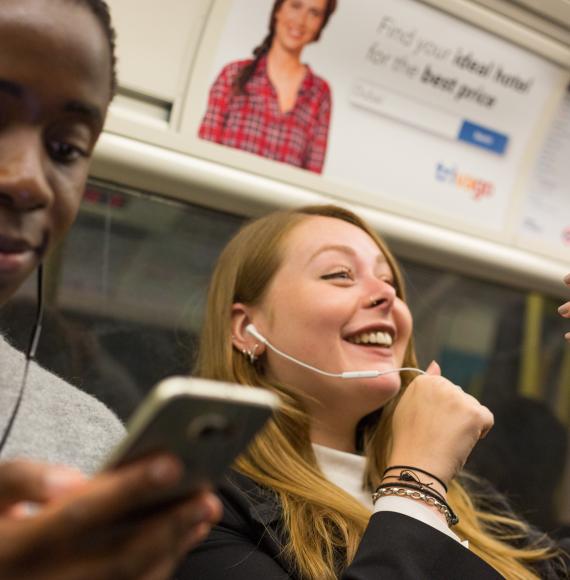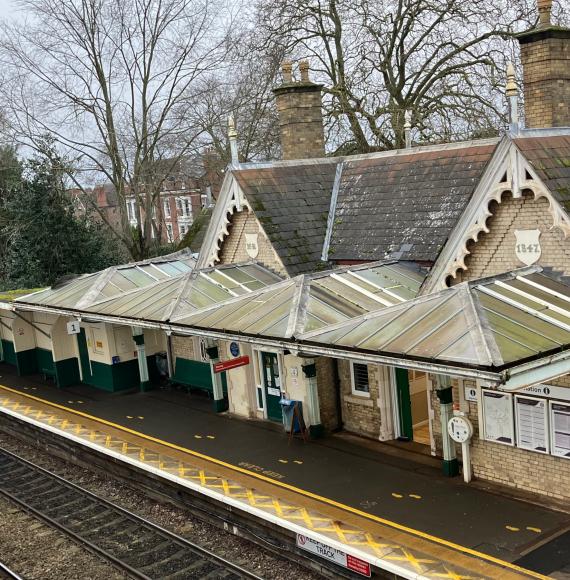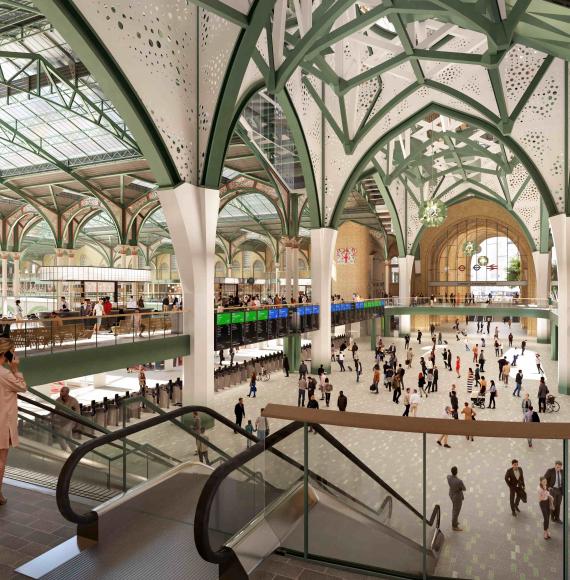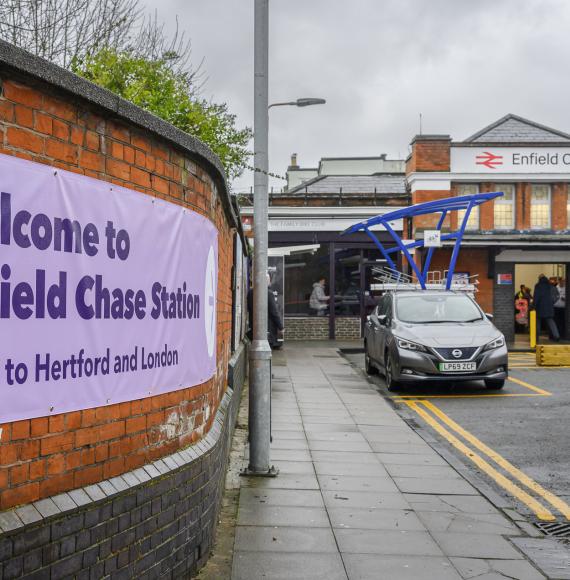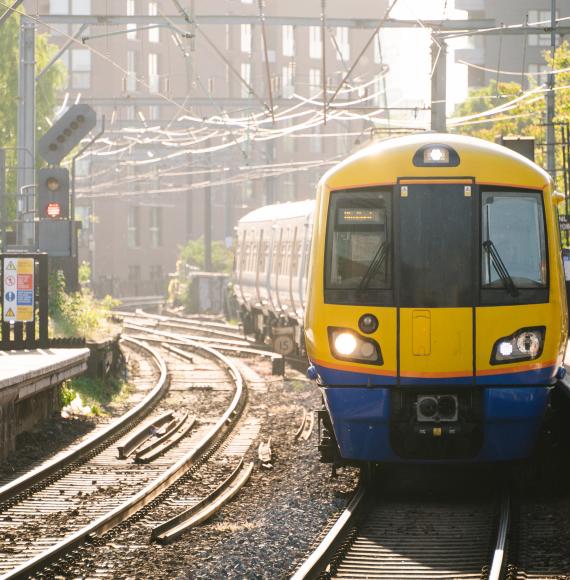Digital signalling work between Potters Bar and Peterborough/Royston will affect London journeys on Sunday 15th June.
The planned engineering work is part of the £1.4 billion East Coast Digital Programme (ECDP), which is introducing digital signalling technology to create a more reliable, efficient and greener railway.
The project recently saw the major milestone of traditional “traffic light” signals being removed from London’s Northern City line following its switch to fully digital signalling.
On Sunday 15 June, Network Rail will be carrying out:
- High-speed digital signalling testing between Welwyn Garden City and Hitchin
- Preparatory digital signalling work between Biggleswade and Peterborough
Ricky Barsby, Network Rail head of access integration for the East Coast Digital Programme, said: “We’re continuing the rigorous programme of testing that is required ahead of the introduction of digital, in-cab signalling on the East Coast Main Line.”
“Changing the way we signal trains will make our railway fit for the future, with more reliable and greener journeys.”
“We have planned the testing carefully and this particular work will only affect journeys only on the Sunday, not the whole weekend. We thank all passengers affected for their patience and understanding.”
The work on Sunday 15th June will involve further system testing using Grand Central Class 180 and GTR Class 717 trains. Over the weekend, the team will carry out high speed running between Finsbury Park and Huntingdon to test updated transitions in and out of the Welwyn to Hitchin section. All testing over the weekend will be conducted over the newly enabled General Packet Radio Service (GPRS) system, putting Network Rail a step closer to deploying European Train Control System (ETCS) over GPRS for the first time on any main line railway.
There will also be further work on “under track crossings” between Biggleswade and Peterborough, undertaken on Sunday evening after testing is completed.
Image credit: Network Rail

